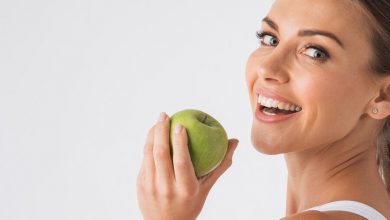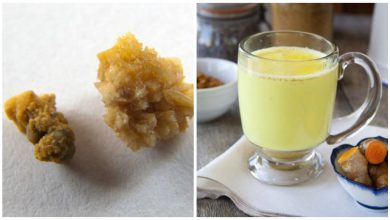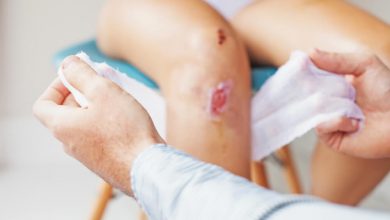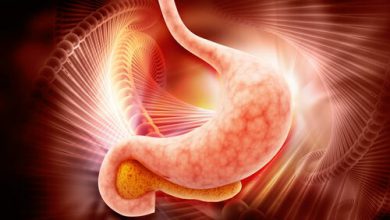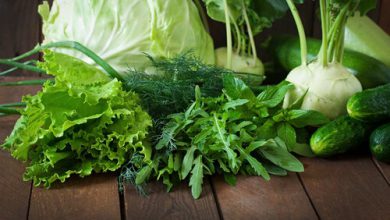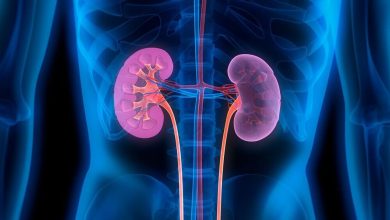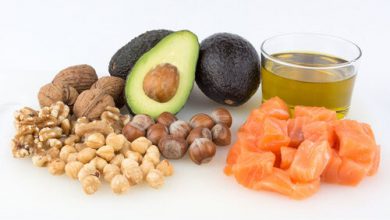Properties Of Ginkgo Biloba
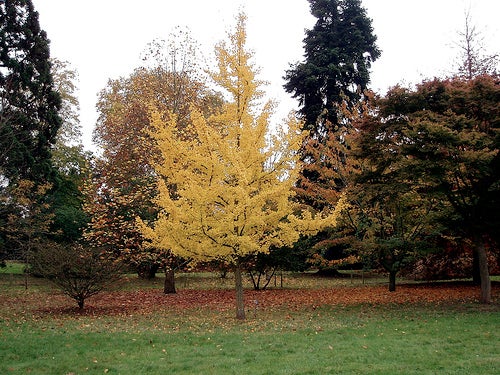
Ginkgo Biloba is credited with many health properties. In fact, it has been used in Chinese natural medicine for hundreds of years, yet many of these properties have no scientific endorsement.
The Ginkgo Biloba, also known as “the tree of longevity”, is a species that does not correspond to any family with living specimens. This means that it is the only member of its class.
Its origin is Chinese and it would offer many advantages for those who consume it, as a supplement or in infusion.
If you want to know the characteristics and the supposed health properties of Ginkgo Biloba, do not hesitate to read this article. However, you should bear in mind that this is only a supplement and can never replace the treatment prescribed by a professional, whom you should visit if you think you may have a health problem.
Ginkgo Biloba characteristics
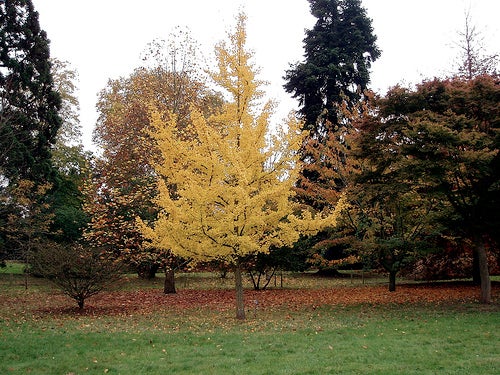
Its literal translation from Chinese is “silver apricot”, although it is also called “white fruit”. Ginkgo Biloba is a very popular tree in Asia, reaching up to 35 meters tall, with thick branches and light green “fan” leaves. In this area of the world, there are specimens up to 2,500 years old.
Since those years, this tree has several uses in traditional Chinese medicine, as passed down from generation to generation. In addition, it is marketed for decoration and for the ornamentation of gardens, since it can withstand various climates.
Ginkgo Biloba properties
For years, this species has been used for therapeutic purposes and, although there are no conclusive data on its properties, even today, its leaves are used in herbalism. Let’s see below its main uses in natural medicine and if there is a scientific basis in this regard.

Ginkgo Biloba, an ally for memory
This plant is usually used in the elderly, since it is believed that it would help to treat irrigation problems to the brain. These problems could in turn lead to forgetfulness, confusion, depression, or anxiety.
Although various investigations reported memory improvements associated with the consumption of ginkgo, an 8-year study coordinated by the University of Pittsburgh concluded that the intake of 120mg of this plant twice a day was not effective in reducing the incidence of Alzheimer’s in old people.
In conclusion, there is still no conclusive data to confirm that the “tree of longevity” is good for the treatment of Parkinson’s disease, Alzheimer’s or senile dementia.
Complement against brain and heart problems
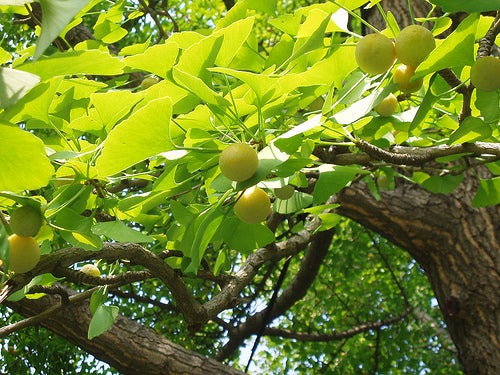
Ginkgo biloba has among its flavonoid components, substances that according to data from a 2018 study would help prevent cardiovascular and neurodegenerative diseases, by increasing blood perfusion and reducing platelet agglomeration, helping to reduce the risk of thrombosis.
Therefore, Ginkgo Biloba is often used for the recovery of stroke or heart attack patients. We insist that the cited data are not conclusive evidence.
Other benefits
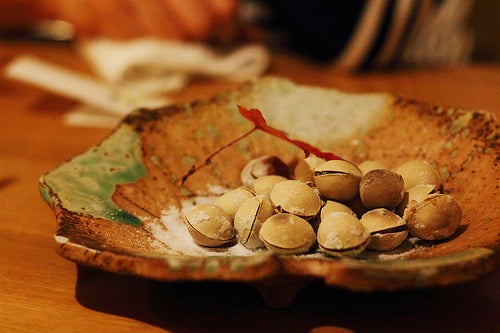
To conclude this section, you should know that natural medicine maintains that the leaves of this tree allow blood to circulate better to the heart, legs and arms, offering more vitality and movement to the extremities. More studies on this would be necessary.
Also in relation to blood circulation, it is believed that it could favor your sexuality, since it would contribute to increase desire, improve erections in men and sensitivity in women. There are no studies to prove these beliefs.
Finally, it is said that it would be a good complement for those who suffer from depression, generating a better general mood.
Ginkgo Biloba contraindications
We have already seen that the properties of Ginkgo Biloba, used as a supplement, could be many. Now, before starting its consumption, you should consult your doctor. No one better than him will be able to advise you on its possible benefits for your health.
In addition, you should be careful if you find yourself in some of these cases, since this plant is contraindicated for:
- Those who suffer or have recently suffered from: uterine, acute gastrointestinal or cerebral hemorrhage, myocardial infarction, high blood pressure, pregnant or lactating women, infants and young children.
- Diabetic people, since there have been cases of altering the effects of antidiabetic drugs if Ginkgo Biloba is consumed, causing adverse reactions. The same occurs for patients who, although they have diabetes, are not insulin dependent, but are controlled with diet and exercise.
- Those who suffer from clotting problems or are consuming substances that alter this process.
Ginkgo Biloba would have interesting properties that could benefit health, however, many of them do not have scientific evidence to support them. You should always consult a specialist before starting any kind of natural remedy.
Images courtesy of From Sand to Glass, keriluamox, bptakoma, Gingko CZ, and t-mizo.
